Capital Gains Tax Tips
TO FIND AN OPEN HOUSE IN GLENVIEW IL NORTHBROOK IL OR MORTON GROVE IL
Skynesher / iStock

When you sell a property, you pay taxes on your gain. In tax speak, the gain is the difference between what you paid for the property and the amount you receive on a sale. If you make more than you paid, the IRS wants a slice of the profit. This is called a capital gains tax. Most of the gain you achieve when you sell your home is excluded from capital gains tax. A single seller keeps the first $250,000 tax-free when he sells his primary residence; a married couple filing a joint return can walk away with up to $500,000 free from tax. The key words here are “primary residence.” Second homes, vacation homes, and investment properties don’t qualify for the tax exemption. Netting High Profits How to Calculate Your Capital Gain To calculate your adjusted cost basis, you need to figure out which property-related, out-of-pocket expenses you can add to the original purchase price. Generally, these fall into four categories: Purchase costs: transfer fees, attorneys fees, home inspections, pest control inspections, recording fees, and title agency fees Cost of improvements: includes extensions and additions, such as a new patio or new landscaping. Repairs, replacements, and cosmetic additions do not count. The tax code gets a little complicated here, but generally speaking, if you upgrade something that was there before, such as a new kitchen or replacing the furnace, this is NOT an improvement cost, no matter how state-of-the-art your new installation is. The IRS publishes a handy chart in “Publication 523: Selling Your Home” to help you figure out which improvements qualify. Cost of sale: any costs you incur in selling the property, including broker’s commission, attorneys fees, and transfer taxes Cost of sale repairs: for example, any cash you spend to fix up your home for the purpose of achieving a sale or to pass the buyer’s home inspection Add these expenses to the original price you paid for your home to calculate your adjusted cost basis. Deduct the amount from your sale price to get your taxable capital gain. Capital Gains Tax Tips |
Thank You and Have a Great Day
Marina Jacobson
Broker, SFRDirect: 847-510-5009
Cell: 847-361-5605
Fax: 847-510-5109
Click Here For Your FREE Home Search
Your #1 Agent!
Certified Distressed Property Specialist
Search 1000’s of Homes at
www.MarinaJacobsonHomes.com


